Happy Birthday Annie Wells
We Love you always

Views: 94



Views: 112
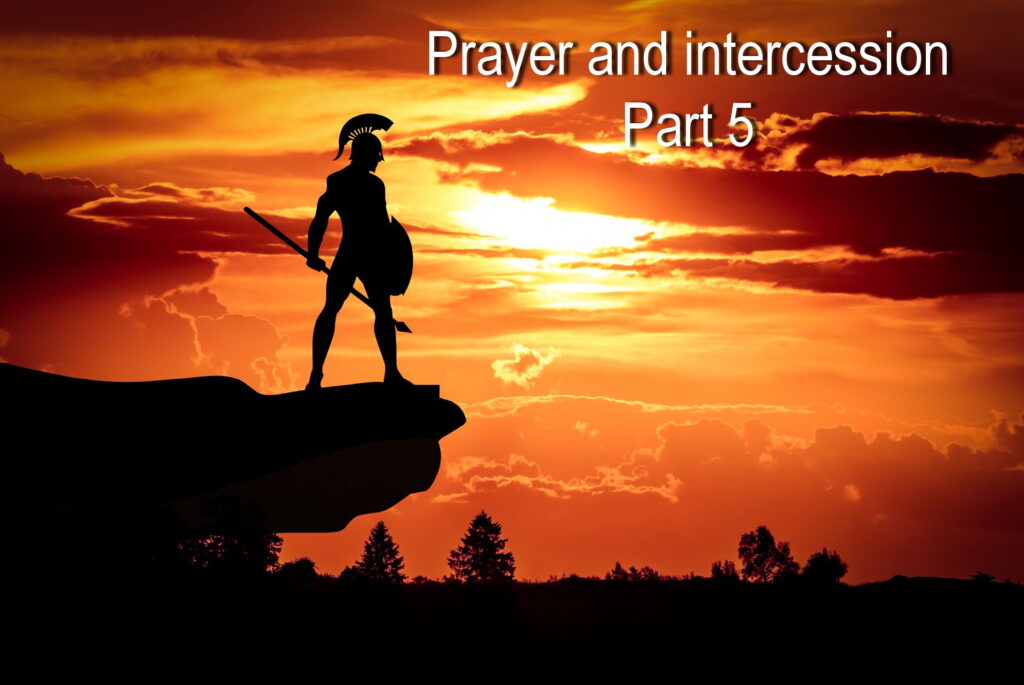

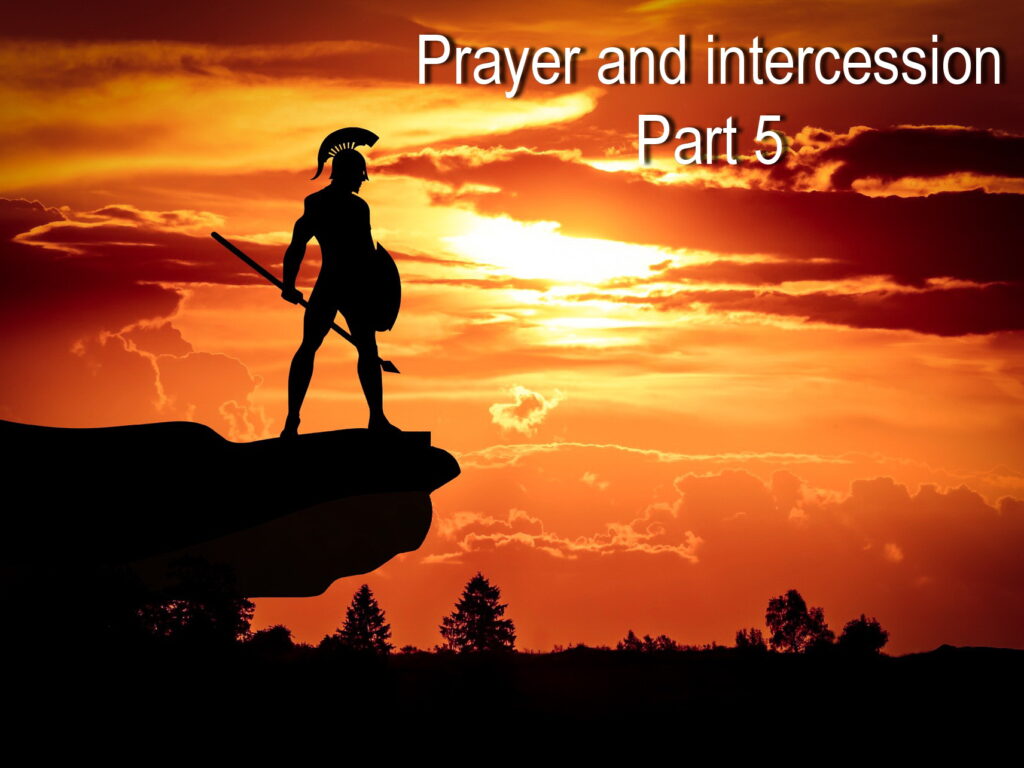
Praying in the Spirit has the authority of heaven behind it. There is no way you could know when Satan and his demonic forces will launch an attack. The Holy Spirit will prompt you at the strategic, opportune time: With all prayer and petition, pray at all times in the Spirit, and with this in view, be on the alert with all perseverance and petition for all the saints Eph. 6:18; Eph. 6:12; Jas. 5:16b.
Views: 95



Views: 82
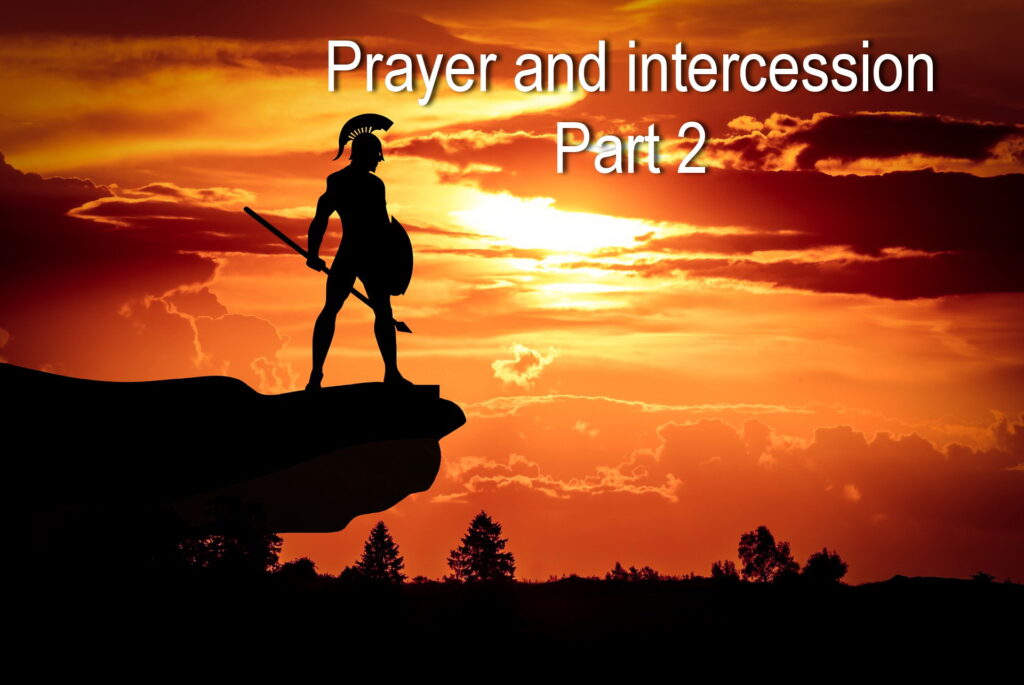

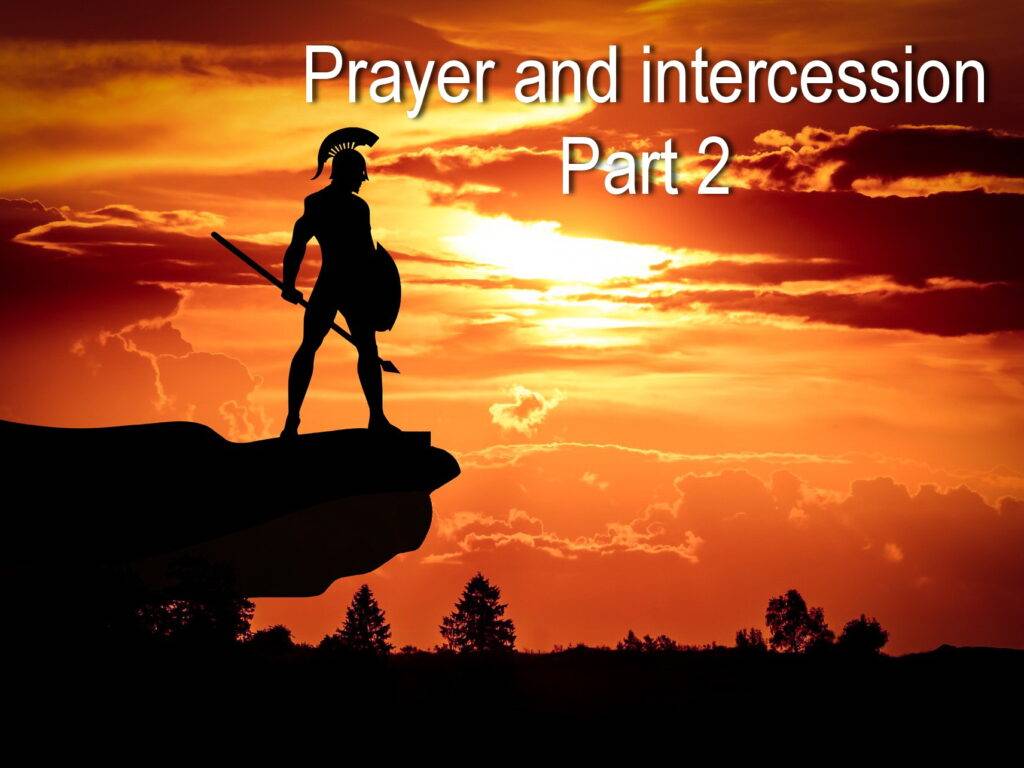
Praying in the Spirit is a means by which the Holy Spirit intercedes through your Spirit in prayer. This is where we get the term “prayer language,” an unlearned language in which you can pray. When you pray with your understanding, you are easily influenced by your feelings, thoughts, desires, experiences, distractions, knowledge, and will. Even your vocabulary can limit your prayers. God gives you a prayer language that bypasses your mind, will, and emotions and allows you to continue in prayer without interruption:
And in the same way, the Spirit also helps our weakness; for we do not know how to pray as we should, but the Spirit Himself intercedes for us with groanings too deep for words, and He who searches the hearts knows what the mind of the Spirit is because he intercedes for the saints according to the will of God. And we know that God causes all things to work together for good to those who love God, to those who are called according to His purpose Rom. 8:26-28; 1 Cor. 14:14; 1 John 5:14,15; Jas. 4:3.
Views: 112
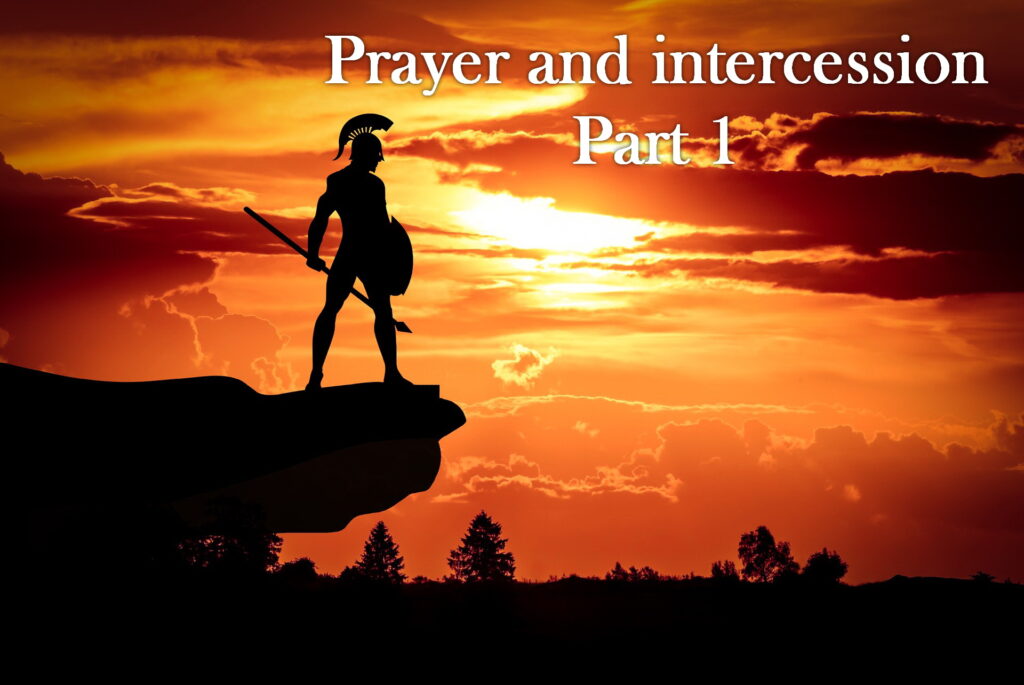

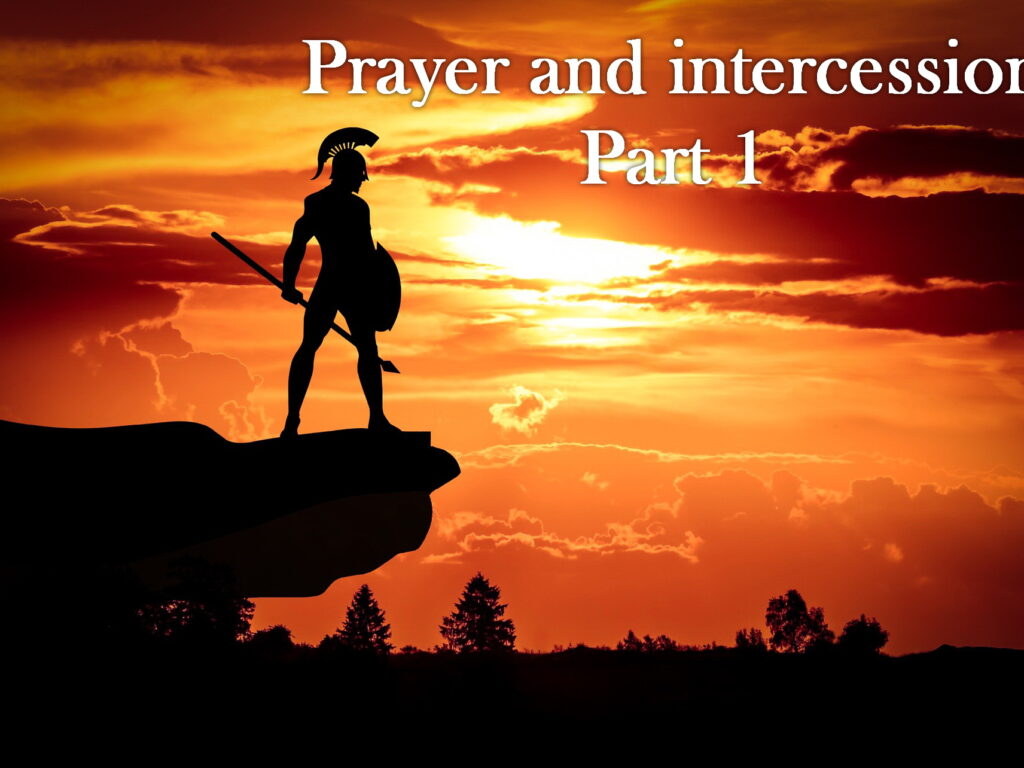
Views: 115
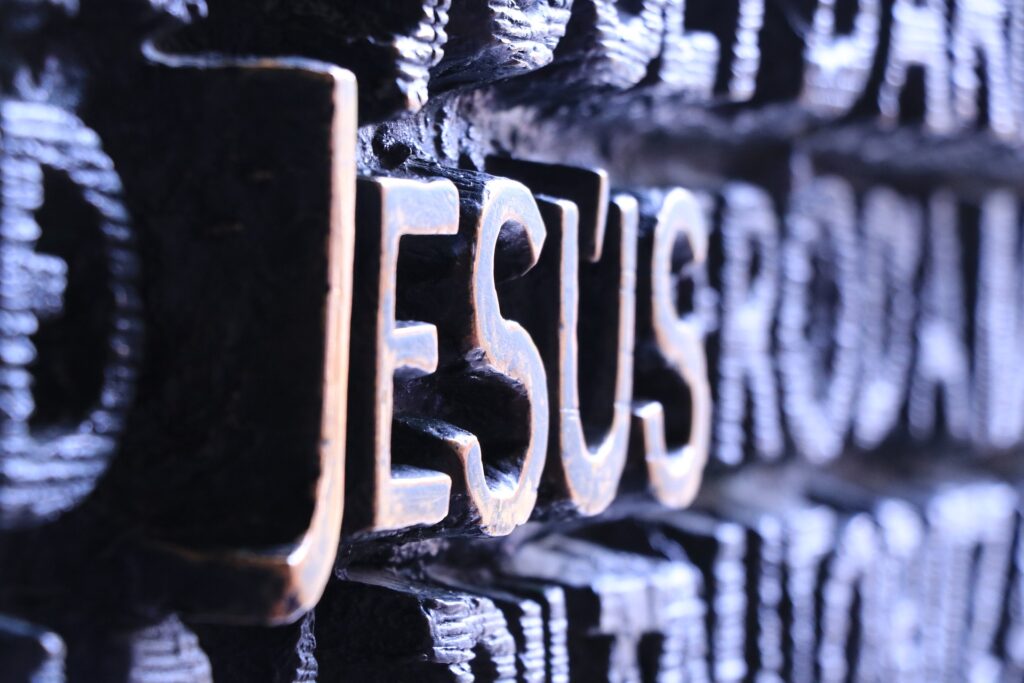

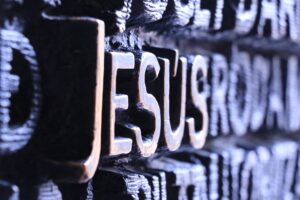 Father, I ask that You will now be done, and I thank you. In Jesus’ name and by His authority, I declare it done.
Father, I ask that You will now be done, and I thank you. In Jesus’ name and by His authority, I declare it done.
Views: 136



MEANING: Companion, friend, to cherish, to feed or lead, to guide and direct and instruct.
The title SHEPHERD shows us that God is able to condescend to a relationship with mortal, sinful creatures whom He has redeemed. It suggests a one-on-one relationship to feed us and keep us as His inheritance 2 Sam. 7:8; Ps. 78:70-72.
Shepherding has not changed much in Palestine. A Palestinian shepherd lives with his animals night and day, establishing true intimacy with them. He calls each one by name, and they, knowing his voice and responding only to his call, follow him. By sleeping in the makeshift sheepfold, he protects the sheep from thieves and from preying animals who would devour them at night. The sheep sense his watchfulness and fear no evil. He provides pasture and water for them even in the wilderness.
If there can exist such a tender intimacy between a man and his sheep, how much more so between Jehovah and man, whom He Himself created?
What a marvelous thing that God should offer Himself in such a relationship.
This portrays how we are in the shadow of our Father’s loving care, watchful protection, and strong defense. He truly keeps us from all evil. He never slumbers nor sleeps. He is attached and devoted to us and protects our lives from perils and pitfalls.
God is an intensely personal Shepherd. He knows each one of us individually.
Jesus is our Good Shepherd who came to gently lead us. He qualified himself to become the Great Shepherd by first becoming a lamb, thus entering intimately into every experience and need of a sheep.
Views: 134



MEANING The Lord is present, the Lord is there; His fullness dwells among us, He tabernacles with us, His glory is manifested among us.
JEHOVAH-SHAMMAH is the promise and pledge of the completion of that purpose in man’s final rest and glory. For man’s end is to glorify God and enjoy Him forever.
Ezekiel’s prophecy of hope and consolation predicts the restoration of the land and people in a measure far beyond anything they had ever experienced in the past or could have imagined.
The uniqueness of Israel had always been that the presence of God dwelled with them. The condition of His continued presence among them was their faithfulness to a covenant, by which they promised to be a holy people to a holy God.
The fullness of Jehovah’s presence is our hope and the end of all prophetic expectations, for we are both waiting and longing for His appearance. We are looking for the new heaven and the new earth where His righteousness will dwell with us forever.
Views: 122